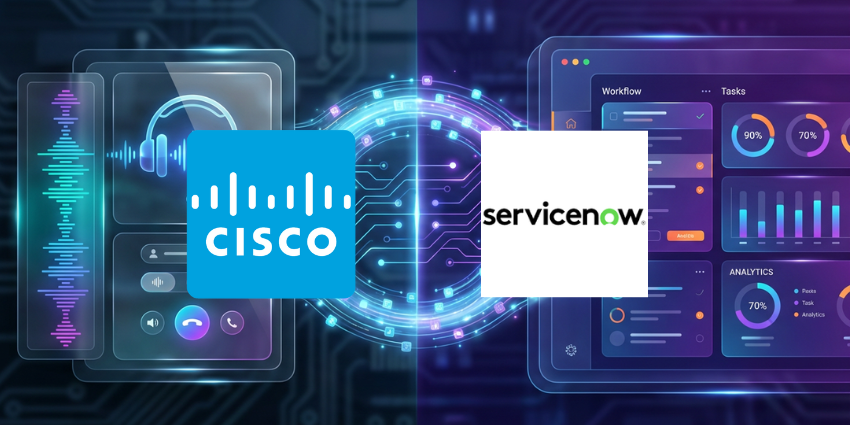The headline figures are an illuminating read for innovative leaders in the CX space.
With 40 percent of contact centers reporting increased demand for 24/7 availability, and over a third noting heightened expectations around personalization, speed, and transparency, the sector is in the midst of a fundamental shift.
From traditional support models to always-on, AI-enabled, experience-driven service that demands smarter technology, greater agility, and empowered frontline teams.
Challenges to meet this shift include the fact that nearly three-quarters of contact center leaders believe that ethical concerns, data privacy, and regulations will limit AI uptake.
Regarding the Calabrio State of the Contact Center report results, CX Today spoke to Magnus Geverts, VP Product Marketing at Calabrio.
He explained, “The one [finding] that struck the most is that 98% of the leaders surveyed use it [AI] in the contact center. It’s not a question of if it happens; it has happened, and it is here.
“New questions are being asked: are we scratching the surface? How far will we go? They’re all fascinating and exciting questions to try to answer.
“But organizations must rethink workforce strategies to address these growing demands, balancing automation with human-led problem-solving.”
AI Isn’t the Future, It’s Already Here
The report makes one thing clear: almost all contact centers are already using AI, whether through chatbots, AI-driven analytics, or automated workflows.
Yet, there’s a noticeable gap: with the increasing complexity of customer interactions, only 28% plan to invest in bot analytics.
Despite this, the optimism remains clear from a Calabrio perspective. Geverts added, “We are just scratching the surface with AI. Personalization will be a big lever in this. AI is a natural solution that helps improve CX and meet customers where they are.”
However, he conceded, “Some of the things stopping this from happening are integration and back-end technology, but we will get over those hurdles.”
While many organizations aren’t optimizing it to its full potential, addressing this analytics gap could unlock greater efficiency and improve customer outcomes.
AI Growing Pains Remain
Despite AI’s undeniable presence, barriers to adoption persist.
Cost, integration challenges, and trust issues continue to hinder progress, with 71% of contact center leaders citing ethical concerns, data privacy, and regulations as limiting factors.
Geverts encouraged leaders to consider AI being “used to benefit agents in the contact center, whether that’s to improve coaching, automatically analyze interactions, or provide a better way to target training.”
“For AI to be truly effective, businesses must navigate regulatory landscapes while fostering trust among employees and customers alike.”
“When contact centers dare to try, they will see the benefits more clearly,” he added.
The Agent Experience Disconnect
Leaders acknowledge the importance of skills like emotional intelligence and adaptability, yet 64% of organizations aren’t prioritizing empathy training, even though it is the most lacking skill.
“It’s quite a disconnect. There’s a lot of talk, but there isn’t a lot of action. Over 80% of leaders explained that offering support is important, but less than 40% of agents say they have any social activities.”
“We have seen improvements overall in how we treat agents in the contact center and the need for ongoing training and coaching, but with AI, a technology shift inside the contact center means new things to learn. We haven’t caught up with that yet.”
This disconnect raises key questions: Are contact centers preparing their workforce adequately for the AI era? If emotional intelligence is critical to success, why is training lagging?
This is exacerbated when considering 59% fail to provide ongoing coaching and support to help agents navigate AI-driven workflows.
By addressing the AI disconnect, enhancing analytics, and strengthening agent training, businesses can unlock AI’s true value, balancing efficiency with deeper customer engagement.
Full details of the report can be found here







